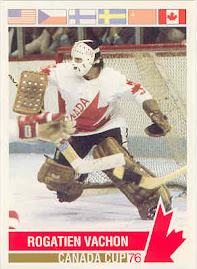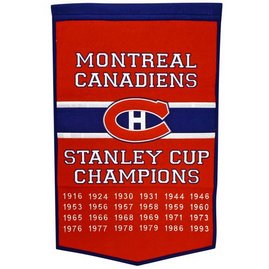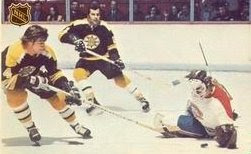By Thom Racine
All good stories start out with a history based on facts, some can be far fetched and in some cases not even true.
Several years ago I was made aware of the possibility that a Bell that once sounded at the old Victoria Arena prior to it burning down during the late 1930's (and nearly taking half of Cornwall with it) was in Oshawa Ontario. Bells were used before sirens and horns and buzzers to signal the end of periods among other things. So, it was possible.
It was only a bell but since it may have come from an arena in Cornwall and being a bit of a wanna-be sports historian I could not let it go with out trying. A rainy day project so to speak. As the years rolled by I could not find any information about the Bell and although the story was intriguing it appeared to be a dead end as far as confirming it.
]
Was it salvaged after the fire and some how ended up finding it's way to Oshawa?
Did such a bell even exist and if it was in Oshawa where was it?
Like any good mystery one has to ask questions. I returned to the original source of information and confirmed that a bell did exist and that it was displayed in of all places a funeral home somewhere in Durham Region.
Hmmm a funeral home! Another dead end perhaps!
Well a little research and a tip lead my search to, of all places, a prominent funeral home in Durham Region.
"It's in a glass case right in the lobby" advised another source.
Armstrong's Funeral home is a family run business that has been in the motor city of Durham since 1930. It's founders Matthew and his son, Albert "Army" Armstrong were prominent citizens. Army was quite the sportsman. He played golf and curled. He excelled at Tennis and was a hockey referee.
A referee eh! - That's encouraging!
"Army" Armstrong's sporting exploits eventually landed him in the Oshawa Sports Hall of Fame.
It was my best lead yet and now that I was sure I had at least found a bell, my next question was how it came to be placed in the Funeral Home lobby. That was easily explained when Armstrong's administrator Alison Craig informed me that it was placed there as it was one of Army's prized pieces of memorabilia.
I asked how he came into possession of it? "He's had it since the thirties." Damn, right era, yet still no closer to the answer.
So what exactly was the Cornwall connection to this story?
The answer was in the photo that Alison sent of the Bell on display. Seems that the Bell has more of a story to tell. Seems like it never survived the fire in Cornwall because it did not have too. Seems like that Bell never hung in our old Victoria arena at all. But, that's not to say it never rang there?
I know this is sounding like a Paul Harvey "rest of the story", and maybe it is because in order for that Bell to have ever rang at the Victoria rink, old Army would have to have been here with it.
You see, before whistles, the referee's used bells to signal stoppages of play. And shown in the picture was Army Armstrong set to ring his Bell during a goalmouth scramble in a game played in the late thirtie's? Not at the Victoria rink though. You see, Army indeed was a prominent referee in the late 30's and was actually the referee for the Allen Cup final played in 1938 in Calgary Alberta.
The very same Allen Cup when the Trail Smoke Eaters beat our Cornwall Flyers (3-1) to capture the crown and would eventually go on to win the 1939 World Championship.
One of the Flyers who played in that game remembers Army Armstrong as a "pretty good referee".
Fred Gardner, who passed away shortly after speaking to me at age 87, remembered the game against Trail and called them a "hell of a team." The Flyers played with only 8 skaters, half of what they had when they beat the Quebec Aces to advance to the Allen Cup. Like many of the players in that game, the war called them, and hockey was put on hold. For Fred Gardner, 6 years of his prime were lost due to the conflict.
Fred remembers the old Victoria rink too, and clearly remembers helping Herbie Faubert scrape and flood the ice. So, a Bell does exist. It happened in the 1930's and that's about the only truth to the original story. The Cornwall angle was simply that someone one day noticed the caption under the picture, which identified the teams involved, and on and on it went, until it landed on my lap the way it did. Researching this story proved a few things. Army Armstrong still "rang a bell" at this end of the province and the caption under the picture identifies the game as the "Memorial Cup".
That would be a rainy day project for someone at Armstrong's to correct one day.
It also allowed me to spend a little time speaking to a man who lived in a much different time, who prior to his death remained a link to those times. Thanks for that, Fred. One never knows what you can find when you are tossed a carrot. In this case it was well worth the search because "now you know the rest of the story".
Sorry, Mr. Harvey!
Tuesday, March 13, 2007
Subscribe to:
Post Comments (Atom)






























































































































































No comments:
Post a Comment